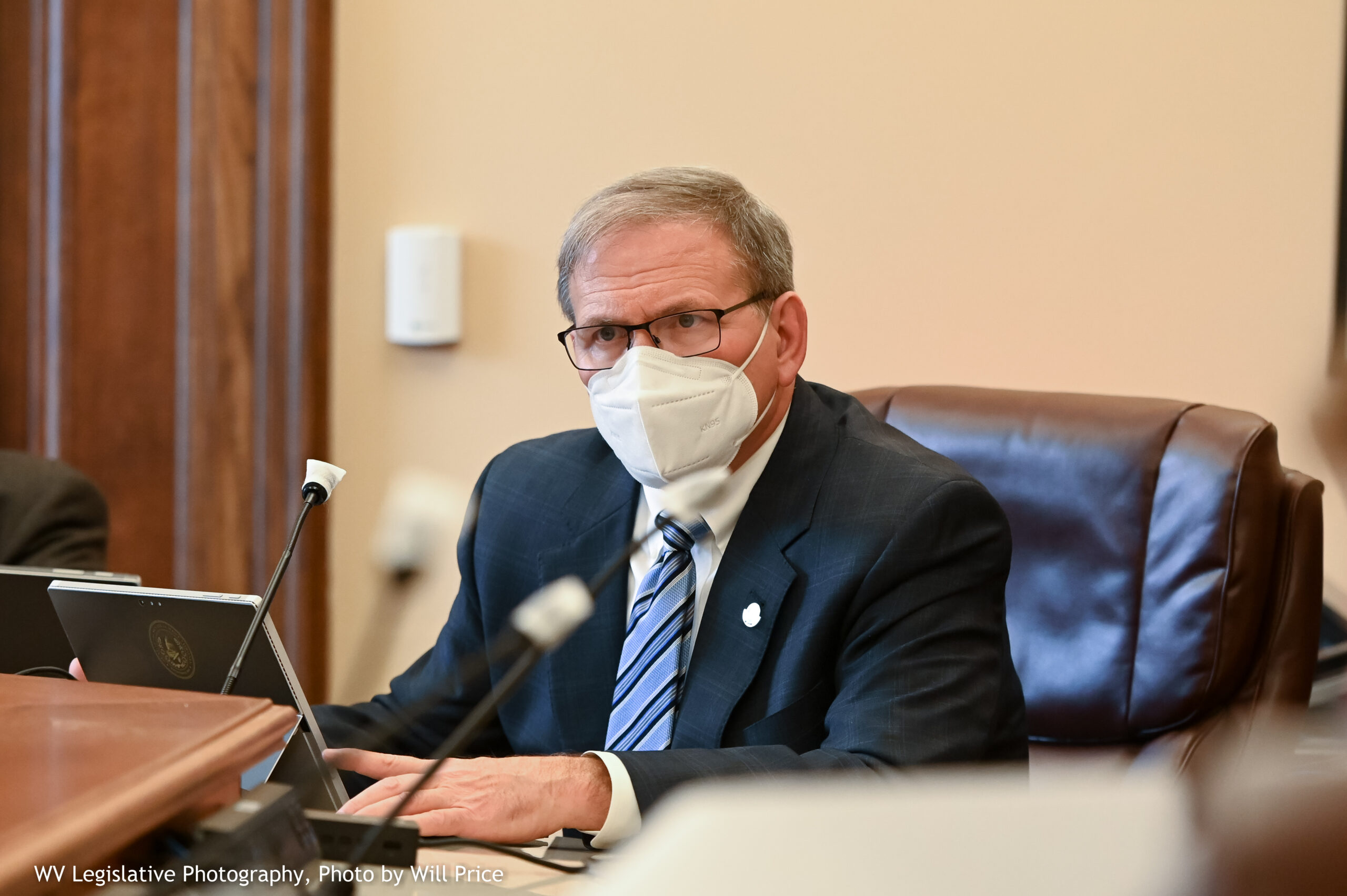MORGANTOWN – The state Senate on Tuesday will have up for passage a bill to give counties and cities final say in local health board rules.
Senate Democrats said Monday they oppose the bill as an anti-public health move. Locally, the Monongalia County Commission and the Mon County Health Department also oppose it.
The are 43 health departments in the state, Sen. Ron Stollings, D-Boone, said Monday. They operate under the authority of counties or cities or some combination of both – as in the Kanawha-Charleston Health Department – called “appointing authorities” in the bill.
The bill says when the health board adopts or amends a rule, the board must serve public notice and receive public comment. The language of the new or amended rule, along with the public comment, will be presented to the appointing authority for approval or disapproval of all or part of the new or amended rule.
If disapproved, the health board may revise and resubmit the rule. Existing rules are grandfathered unless they’re amended.
Sen. Richard Lindsay, D-Kanawha, said Monday that the bill takes decision-making power out of the hands of health care providers.
Stollings went further. He said it’s an “anti-public health bill that politicizes public health.”
The Senate Health Committee considered the bill last week and heard testimony uniformly opposed to the bill. Among the concerns was that some commissions inclined to approve indoor smoking would override local health board smoking bans.
Stollings also noted that an amendment is pending, from Sen. Robert Karnes, R-Randolph, that would remove the grandfathering language and require all existing rules to be reviewed and overridden.
The Dominion Post’s Ben Conley asked the Mon County Commission about the bill.
Commission President Sean Sikora said, “The commission has control over the board of health via the appointment process and does not feel that we need further oversight. In Monongalia County the BOH appointments are made to ensure that there is a diversity of public health and business experience and personally, I don’t feel that we could have a more qualified group of individuals representing the public health needs of Monongalia County.
“To micromanage those individuals would not add any value and would be an extreme disservice to our citizens,” Sikora said. “If the commission were to have concerns regarding BOH members we can always address that via the appointment process.”
Sikora said the state County Commission Association also opposes the bill.
Dr. Lee Smith, Monongalia County Health Department executive director and county health officer, said in an email exchange, “Reopening the public health ordinances to approval by county commissions appears to be a thinly-veiled attempt at rulemaking in the clean indoor air forum without going through the proper procedures.”
Smith noted a change in the last lines of the bill from its introduced version to the committee substitute before the full Senate, and said the change isn’t much of an improvement.
The bill originally said, “If the governor declares a state of emergency for a county, the local board of health in that county comes under the control and authority of the state health officer.”
That was softened to say, “If the governor declares a statewide public health emergency, the governor may direct the state health officer to develop emergency policies and guidelines that each of the local health departments responding to the emergency must comply with in response to the public health emergency.”
Smith commented, “The last sentence of the proposed bill, although it’s been tweaked, basically states that if the governor declares a public health emergency, then the state health officer has authority to do certain things.
“But this is a step backwards,” he said, :as the state health officer currently has that authority and more and does not have to wait until the governor declares a public health emergency before acting.
“I just don’t think it is an attempt at moving forward.,” Smith said. “It seems to be an attempt at moving backward. The other element to this is that all emergencies start locally and all responses start locally, and moving decision-making to Charleston does not assist locals in their efforts to make a response.”
Tweet David Beard@dbeardtdp Email dbeard@dominionpost.com




